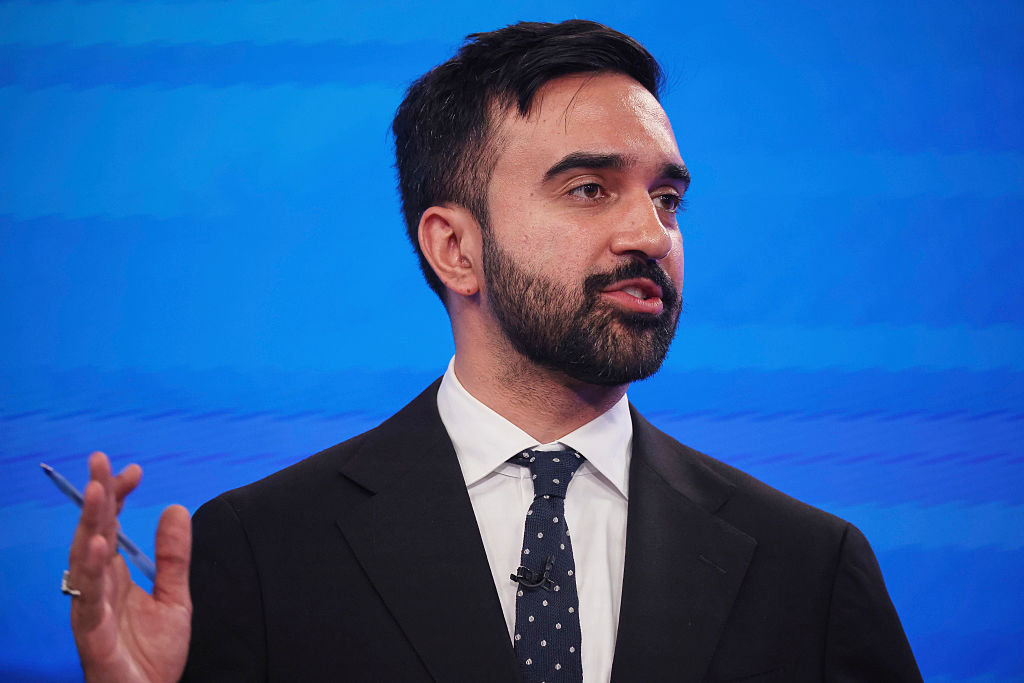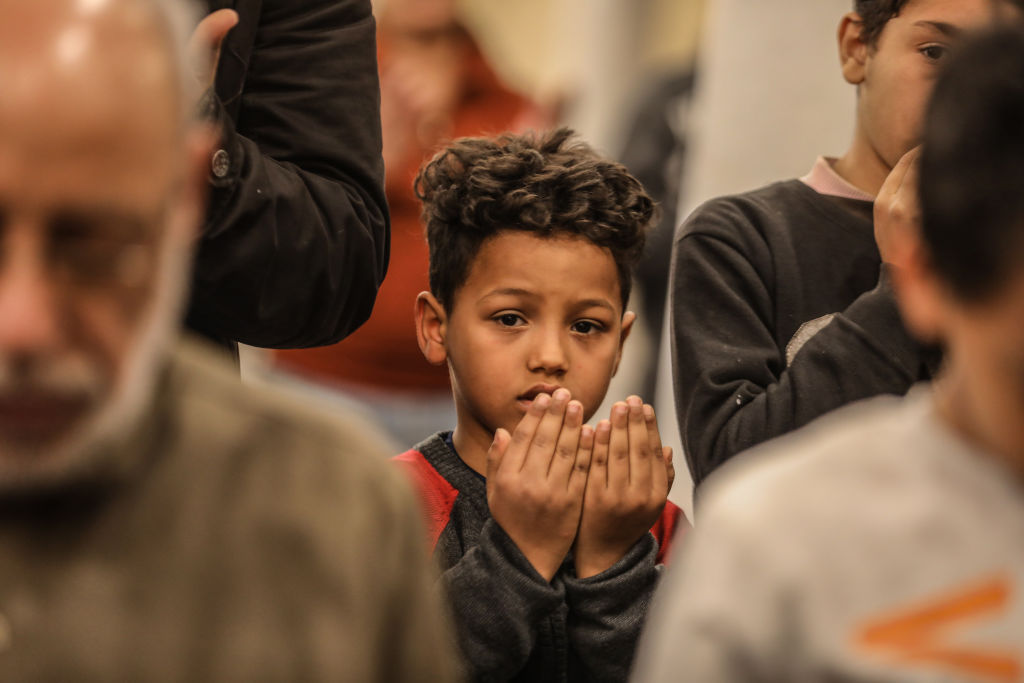
Muslims perform the first ‘Tarawih’ prayer on the eve of the Islamic holy month of Ramadan at the Mosque of Amr ibn al-As in Cairo, Egypt, on March 10, 2024. | Source: Anadolu / Getty
UPDATED: 9:30 a.m. ET, March 11, 2024
The observation of Ramadan in Islamic culture began on Sunday night and will last all month long, with festivities expected to soon be popping off across the globe ahead of the commencement celebration of Eid al-Fitr.
MORE: Ramadan: How Public Schools Are Recognizing The Sacred Islamic Month
For those on the outside looking in, it’s easy to see that many Muslims across the world have been using the sacred period of fasting, prayer, reflection and community to make this particular Ramadan a memorable one.
That was even true in Gaza, which has been under siege as Israel continues attacking innocent women and children.
MORE: 6 Important Things To Know About Ramadan
Those celebrating and observing Ramadan are expected to simply protect their belief in the six articles of faith, which include the initial belief in Tawhid or the oneness of God, belief in the angels, belief in God’s work in creating the Holy books, belief in the existence of prophets, belief in the Day of Judgment and finally the belief in Qadar or in other words divine destiny. When you add not eating or drinking from dawn until dusk into the mix, not to mention the individual burdens that Muslims, including those in the United States, can face when balancing cultural traditions alongside Western ideologies, the month-long journey definitely doesn’t come without its fair share of trials and tribulations. That’s why we wanted to put together a helpful guide that breaks down how you can support someone of Islamic faith in your life just by understanding what this past month has meant for them.
Mohammad Hassan Khalil, a professor of religious studies and the director of the Muslim Studies Program at Michigan State University, previously explained the significance of Ramadan:
Ramadan is a period of fasting and spiritual growth and is one of the five “pillars of Islam” – the others being the declaration of faith, daily prayer, alms-giving and the pilgrimage to Mecca. Able-bodied Muslims are expected to abstain from eating, drinking and sexual relations from dawn to sunset each day of the month. Many practicing Muslims also perform additional prayers, especially at night, and attempt to recite the entire Quran. The prevailing belief among Muslims is that it was in the final 10 nights of Ramadan that the Quran was first revealed to the Prophet Muhammad.
From respecting changes in behavior that can often be triggered by the circumstances of fasting, to understanding that not all Muslims are alike, take a minute to view Ramadan from a whole new perspective.
MORE: Ramadan: How Public Schools Are Recognizing The Sacred Islamic Month
Keep scrolling as we send a special Mashallah to the completion of another successful Ramadan with a guide on supporting our Muslim brothers and sisters out there and their fruitful culture.
Ramadan: How To Show Support For Muslims During Holy Islamic Month was originally published on blackamericaweb.com
1. Fasting Without Prayer is Starving Yourself
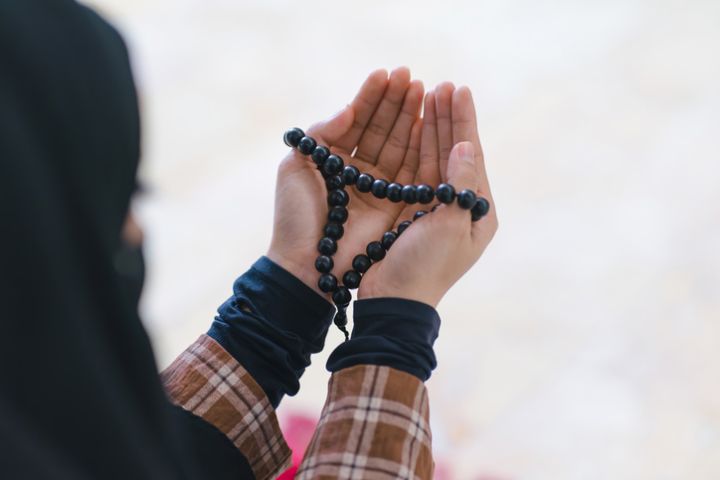 Source:Getty
Source:Getty
To go without eating for the sake of sport is hunger without purpose. Enlightenment comes with allowing God to nurture your mind in the absence of dietary nutrition.
2. Be Patient With Your Muslim Friends and Loved Ones
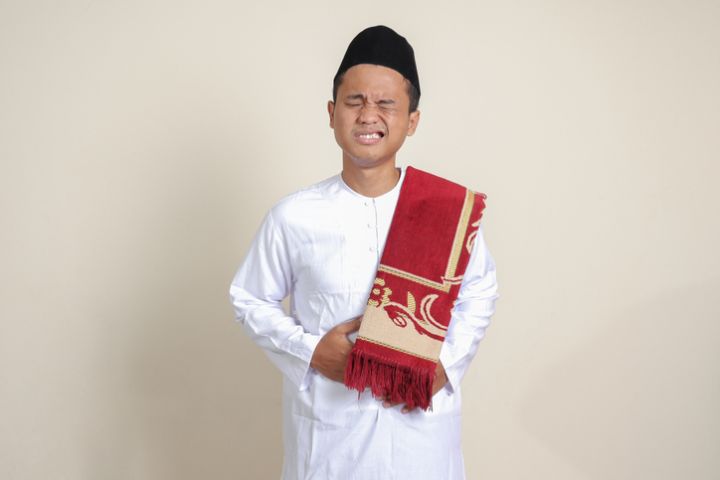 Source:Getty
Source:Getty
They aren’t suddenly “being weird”; their life circumstances just currently aren’t normal.
3. “Please Stand By For Regularly Scheduled Programming”
 Source:Getty
Source:Getty
In other words, life has been very different for Muslims over the past 30 days. Their movements will reflect that, so having understanding of that grace period is key.
4. Connecting With God Is Primary
 Source:Getty
Source:Getty
Ramadan is about letting whatever you need work on be your biggest test for change. Those working on a need to develop patience for example may need you to meet them halfway as they work on bettering that side of themselves.
5. No Water — Next Question!
 Source:Getty
Source:Getty
Being that nothing is consumed during the fasting hours of Ramadan — not water, not even gum! — running down a list of exemptions with your Muslim friend can come off as redundant or even veer into cultural voyeurism. In short, don’t ask questions you already know the answer to.
6. Think Of Ramadan As The Islamic Version of Christmas
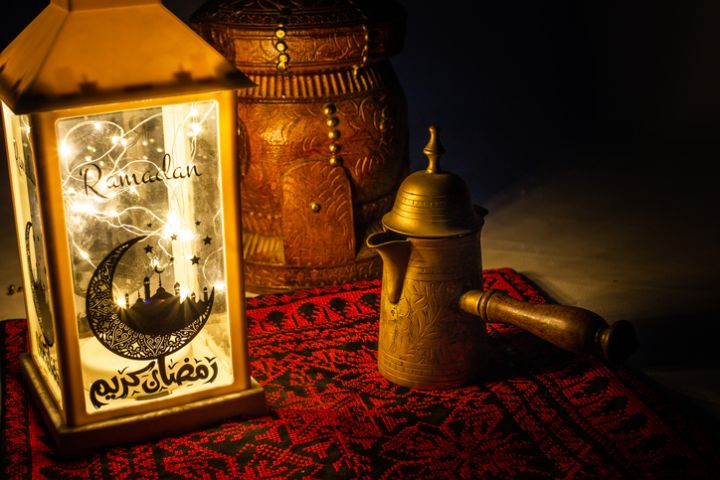 Source:Getty
Source:Getty
Many Muslim Americans can sometimes feel a sense of FOMO when experiencing traditional Western holidays from the outside looking in. Ramadan is a time where that same holiday magic comes alive for an entire four-week period, and presents are definitely not out the question. As The Prophet Muhammad once said, “Give each other gifts and you will love one another.”
7. Whether With Family or Alone, This Time is About Reflecting On A Relationship With God
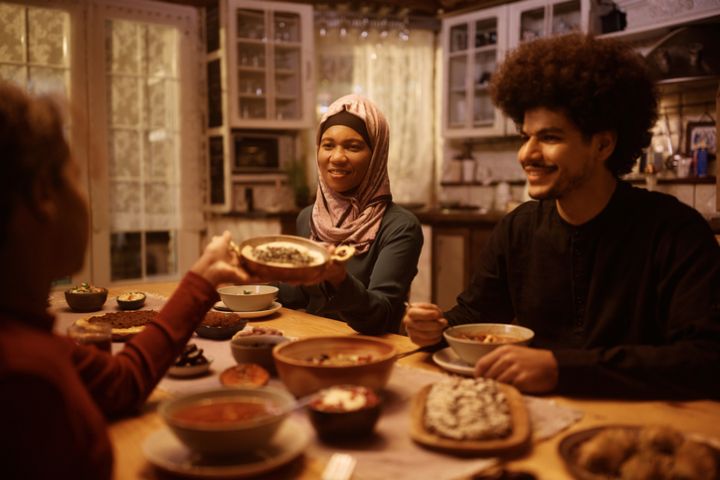 Source:Getty
Source:Getty
Even when balancing work, making time to practice bettering that relationship with God is the key to making it all matter. Although difficult, balance is a huge thing that should be respected.
8. No Two Muslims Are The Same
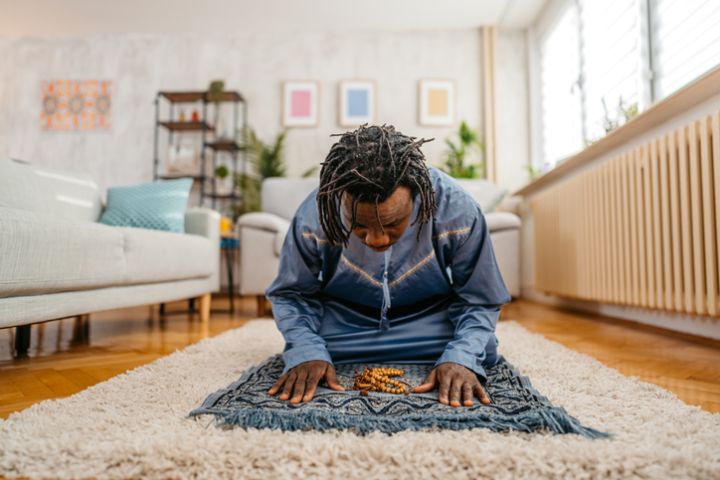 Source:Getty
Source:Getty
While the ideologies of Islamic faith are shared throughout the culture, how it plays out varies by the region or even individual. For example, Muslims of Saudi Arabia are far more traditional in their thinking compared to Egyptian Muslims that are more open to cultural changes.
9. The Food Is Phenomenal!
 Source:Getty
Source:Getty
Traditional dishes like Atayef, a Middle Eastern-style pancake stuffed with all sorts of savory delicacies, are some of the biggest highlights for Muslims when it’s actually time to eat and especially during the huge feast for Eid al-Fitr. Even with fasting being one of the primary pillars, food will always play a huge part in Ramadan.
10. Do Your Own Research
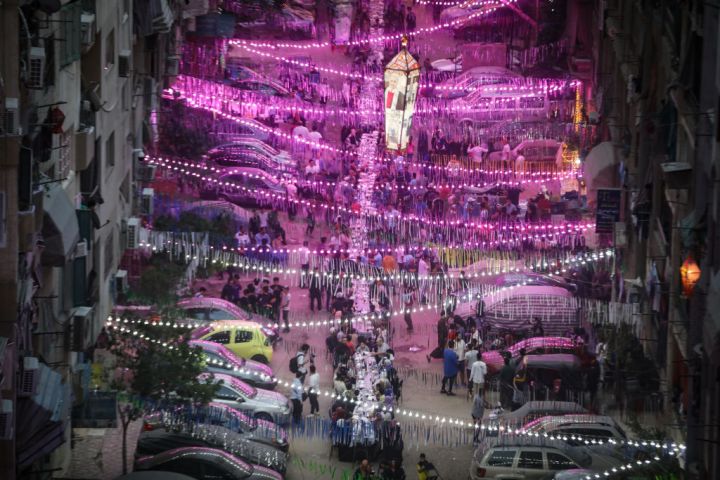 Source:Getty
Source:Getty
The biggest disconnect between American culture and Islam, or any foreign culture for that matter, is the willingness to stay ignorant to what’s happening outside the States. We can all do a little better at expanding our minds to the outside world we’re inhabiting together.



















